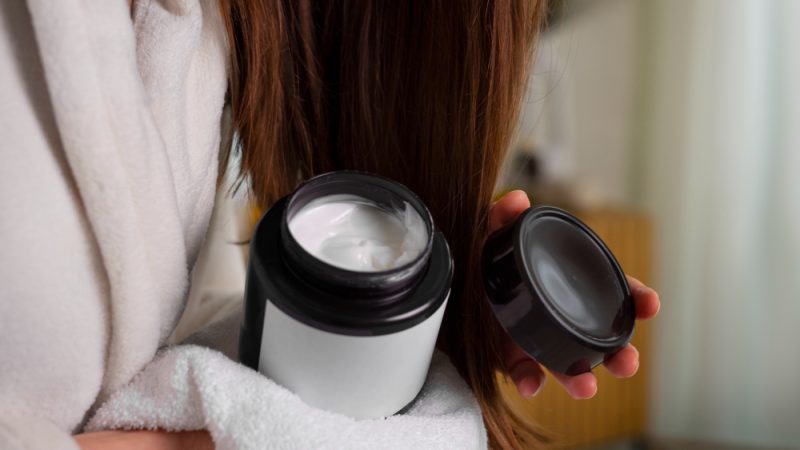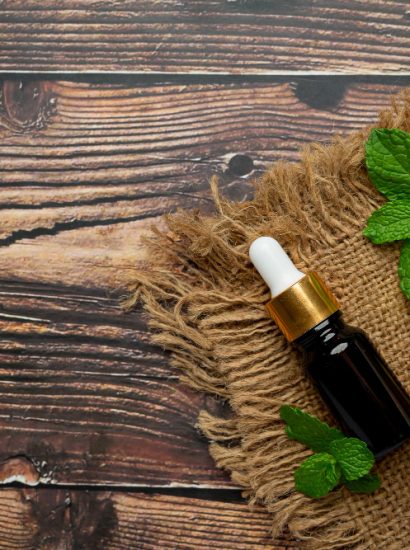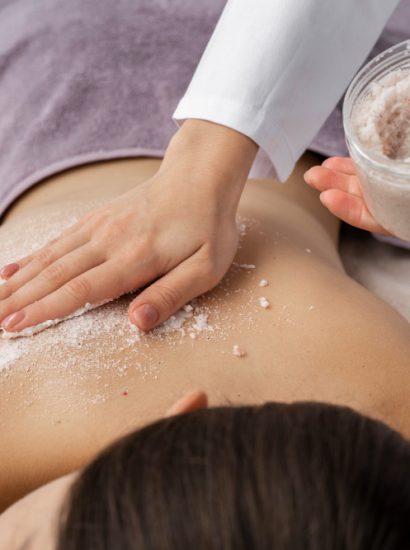In the realm of hair care, Hair Mask achieving healthy, lustrous locks often requires more than just shampoo and conditioner. Enter hair masks—a powerful tool in revitalizing and nourishing your hair. Whether you’re dealing with dryness, damage, or simply seeking to enhance your hair’s natural beauty, incorporating a hair-mask into your routine can make a significant difference. This article explores the various benefits of using hair-masks, how to choose the right one for your hair type, and tips for maximizing their effectiveness.
Understanding Hair Masks
Hair masks are intensive conditioning treatments designed to deeply nourish and hydrate the hair. Unlike regular conditioners that provide surface-level benefits, hair-masks penetrate deeper into the hair shaft, targeting specific concerns such as dryness, frizz, or damage. They are formulated with concentrated ingredients that deliver nutrients directly to the hair, promoting overall health and vitality.
Types of Hair Masks
Hair-masks come in various types to cater to different hair needs and preferences. Natural hair-masks often utilize ingredients like avocado, coconut oil, or honey, known for their moisturizing and conditioning properties. On the other hand, chemical-based masks may contain synthetic compounds designed to repair and strengthen hair strands. Understanding the differences can help you choose the most suitable mask for your specific hair concerns.
Benefits of Using Hair Masks
The benefits of incorporating a hair mask into your weekly routine are manifold. Firstly, they provide intense hydration, replenishing moisture lost due to environmental factors or styling products. This hydration not only improves the texture of your hair but also enhances its natural shine and manageability. Moreover, regular use of hair-masks can help repair damage caused by heat styling, coloring, or chemical treatments, leading to stronger and healthier hair over time.
How to Choose the Right Hair Mask
Selecting the right hair-mask involves considering several factors, such as your hair type, specific concerns (e.g., dryness, damage), and desired outcomes. For dry or damaged hair, opt for masks rich in nourishing oils like argan or jojoba oil. Those with fine or oily hair may benefit from lighter formulas that provide hydration without weighing the hair down. Reading product labels and understanding ingredient lists can also guide you in making an informed choice.
Using Hair Masks Correctly
To maximize the benefits of a hair-mask, proper application is key. Start with clean, towel-dried hair to allow better absorption of the mask. Apply the product evenly from roots to ends, focusing on areas that require the most attention. Use a wide-tooth comb to distribute the mask evenly and ensure all strands are coated. Depending on the mask’s instructions, leave it on for the recommended time before rinsing thoroughly with lukewarm water.
DIY Hair Mask Recipes
For those inclined towards natural remedies, DIY hair-masks offer a cost-effective and customizable alternative. Simple ingredients like avocado, yogurt, or olive oil can be combined to create masks tailored to your hair’s needs. For example, a hydrating mask with avocado and honey can deeply moisturize dry hair, while a protein-rich mask with egg and coconut oil can strengthen weak or brittle strands. Experimenting with different recipes allows you to find the perfect match for your hair type and concerns.
Hair Mask Ingredients to Look For
Understanding the key ingredients in hair-masks can help you identify products that align with your hair goals. Natural oils such as argan oil, known for its moisturizing properties, are excellent for nourishing dry, brittle hair. Shea butter provides intense hydration and helps seal moisture into the hair cuticle, making it ideal for combating frizz and enhancing softness. Look for masks enriched with vitamins and antioxidants, which contribute to overall hair health and resilience.
Hair Mask Myths Debunked
There are several misconceptions surrounding hair-masks that may deter people from reaping their benefits. One common myth is that frequent use of hair masks can weigh down the hair or make it greasy. In reality, using a mask formulated for your hair type and applying it correctly can enhance its effectiveness without causing buildup. Another myth is that masks are only beneficial for certain hair types—while formulations may vary, there are masks suitable for all hair textures and conditions.
Long-term Effects of Regular Use
Consistency is key when it comes to seeing lasting results from hair masks. Incorporating a mask into your weekly or bi-weekly hair care routine can lead to significant improvements in hair texture, strength, and overall appearance. Over time, you may notice reduced breakage, increased elasticity, and enhanced manageability. Pairing regular mask treatments with a balanced diet and proper hair care practices further supports long-term hair health.
Hair Mask Recommendations and Reviews
Choosing the right hair-mask amidst a sea of options can be overwhelming. Reading reviews and recommendations from other users can provide valuable insights into product performance and efficacy. Look for masks that receive positive feedback for addressing specific concerns such as frizz control, color protection, or volumizing effects. Additionally, consulting with a hair care professional can help you identify products tailored to your hair’s unique needs and goals.
Conclusion
In conclusion, incorporating a hair-mask into your hair care routine can significantly elevate the health and appearance of your hair. By providing deep hydration, repairing damage, and enhancing overall manageability, masks offer a holistic approach to achieving beautiful, healthy hair. Whether you opt for a store-bought formulation or prefer to whip up a DIY recipe at home, the key lies in consistency and choosing products that align with your hair type and specific concerns. With regular use, you can transform your hair care routine and enjoy the benefits of stronger, more radiant hair.
FAQs (Frequently Asked Questions)
1. What is the recommended frequency of using a hair-mask?
Ideally, use a hair mask once a week to maintain optimal hydration and repair benefits. Adjust frequency based on your hair’s condition and responsiveness to treatments.
2. Can hair masks help with hair growth?
While hair-masks primarily focus on improving hair health and appearance, certain ingredients like biotin or keratin may support overall hair growth by strengthening hair follicles and reducing breakage.
3. Are there any side effects of using hair masks?
When used as directed, hair masks are generally safe and beneficial. However, individuals with sensitive scalps or specific allergies should check product labels for potential irritants or consult a dermatologist before use.
4. How long should I leave a hair mask on my hair?
Follow the instructions provided with the hair mask for recommended leave-in times, typically ranging from 5 to 30 minutes. Longer durations do not necessarily enhance results and may lead to product buildup.
5. Can I use a hair mask on colored or chemically treated hair?
Yes, using a hair mask is beneficial for maintaining the health and vibrancy of colored or chemically treated hair. Look for masks formulated specifically for color-treated hair to prevent fading and maintain moisture balance.
Also read : LIPOIL: 10 MUST-TRY PRODUCTS FOR GORGEOUS LIPS





